The ever-expanding world of the internet is fascinating. Today, the number of internet users is around 4.5 billion and going by the looks of this trend, this number will continue to grow in leaps.
This is a great advantage for businesses to get a huge user base to reach their potential customers. Businesses that have already built a good identity on the internet, are generating huge business revenue. Every new business owner who wants their products and services should be delivered to all their potential customers has to craft a good business identity on the internet.
Every new business owner knows the benefit of taking their business online and is ready to do this. But, many new businesses have great confusion – What will be the best approach to bring the business on the internet? They are confused that – will their products serve better as a Mobile App or a Website.
Both have some great advantages and disadvantages that make it hard to choose one for your business.
Website vs App: What could be the best investment for your business?
Stating this with an example – There are many benefits of having an app for your product, but here’s the one you will find the most interesting – since 2015, the consumer app spending industry has grown by a whopping 120% and is expected to reach $156 billion worldwide by 2023.
However, the app offers a better experience on mobile, yet needs to be installed and can be deleted on a whim.
And in the case of a website, it has more user base than apps and can be immediately accessible at any time. But still, a website is less simple to navigate from a handheld gadget which makes it less mobile-friendly.
What exactly does your startup need? Where should you invest?
To get a clear answer to these questions, let’s dig more in detail to make an optimal choice for your business.
Every business comes forth with different requirements, goals, and audiences. The platform should be chosen according to the requirements and the type of audience you want to pull into your business. It is important for business owners to understand the importance of a mobile-friendly website and app. There are some crucial factors that you need to understand before you get the development process onboard.
What is your Business Goal?
Every business owner has a specific goal in mind before launching any product or service. And the presence of your business on the internet depends on your goals. Different business audience is present on different platforms whether on the Website or App. This is why a business owner needs to make a proper evaluation of the audience’s needs and where the audience will prefer to get the services. Upon evaluation, you can easily judge whether to opt for mobile app development or custom web development, or both.
Here are some helpful factors to decide whether you should go for a website or a mobile app
-
What does your target market prefer?
To analyze this, conduct a series of customer interviews, explore online industry reports, or get in touch with professional market research. This approach will yield critical information.
-
What are your competitors doing?
Competitor analysis is very crucial before initiating the development process. Also, it helps to analyze where the audience is present and businesses can engage them by rendering a more customer-friendly experience.
-
What are your budgets?
Budget is one of the crucial aspects of any startup. So before investing in any platform, one must evaluate the budget.
Now let’s discuss in more detail when a business requires a Website and when you should go for an App.
Why should you first build a website instead of a mobile app
-
Instant deployment
Upgrading your business whether on the website or on the app is always required with time. In the Website, when a Web developer pushes the changes, the changes are deployed instantly. There is no need to install any update from the user end.
Whereas in Apps, whenever a business upgrades anything, users need to install the update to get changes that a developer has pushed. This factor makes a website more reliable than an App.
-
Getting users
A website renders ease of distribution and expansion. In the marketing of your product or services, there is a barrier to convincing someone to have a look at your product for once is a lot higher for an app than a website.
Web URLs are an easy way to show up in google searches and the new buyer does not need to install anything to make a purchase. -
Scaling
A website simply works on all devices which means a user on mobile, desktop, Chromebooks, and any other internet-connected device can use your service & product, whereas a native app is specific to iOS or Android.
-
Preserving the margins on payments
Getting a product payment on an iOS or Android app means that you have to give Apple or Google a substantial commission of in-app purchases and subscriptions i.e generally 30%.
Whereas on the Website, it’s 10 times lesser. Using integrated payment gateways such as Stripe only takes roughly 3% of the payments. There are more options for web payments, helping a business to cut the commission cost on payment.
Reasons why should you build an app instead of a website
Also Read: How Mobile Apps Can Help You Expand Your Sales Channels and Business Growth
-
Location-based services
If your business’s major value proposition is related to location awareness or transit, then they must go forth for the app. Mobile apps are highly location friendly. The reason why major location-based businesses such as Lime, Bird, Uber, RunKeeper, and more are run primely on apps only.
-
High dependency on native components
If your business’s value proposition is closely tied to local components such as moisture sensors, accelerometers, cameras, barometers, gyroscopes, and more then developing a website will not be a wise decision for you.
A native app will have better performance and accuracy for such services. For example – heart rate monitors, audio recorders, camera apps, and more.
-
Frequent small transactions that require a sign-in
The apps have a major benefit for those businesses, in which a user needs to make a regular sign in Apps cut down this burden of regular sign-in and browser navigation. Businesses such as dating apps, health trackers, and chatting apps fall into such categories.
However, for eCommerce startup companies, organizational tools, discovery sites, and data aggregators, websites are a prime option. Once the analyze the actual user behavior and needs then it can move further for app development.
-
Security Issues
A customer prefers mobile apps when it comes to better security. The most significant thing that makes the mobile app more user-friendly is its compatibility with the device. The apps are highly compatible to address books, cloud integration, push notifications, offline access, and caches directly from the application.
Conclusion
In the battle of Mobile App vs Website, it’s hard to pick a clear winner. Before investing in anything a business owner must understand what will be valuable enough to the customers and what kind of ROI can you expect from a mobile app versus a website.
Think through these questions carefully, and put your customer needs and desires at the forefront when making the decision and commissioning the project. If you need some consultation on the matter, don’t hesitate to contact the expert developers at Technocrats Horizons – Custom IT Solutions and Services.
Get App Solutions That Immediately Stand Out!
Talk to our experts to understand how our app solutions can boost your productivity.


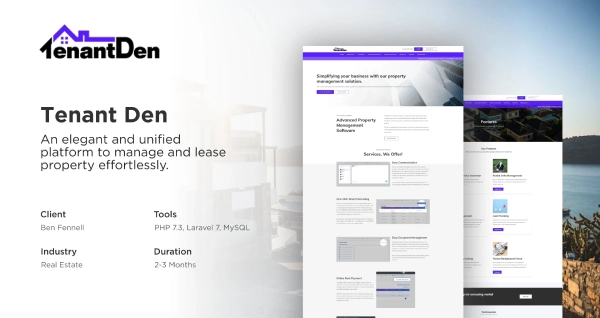

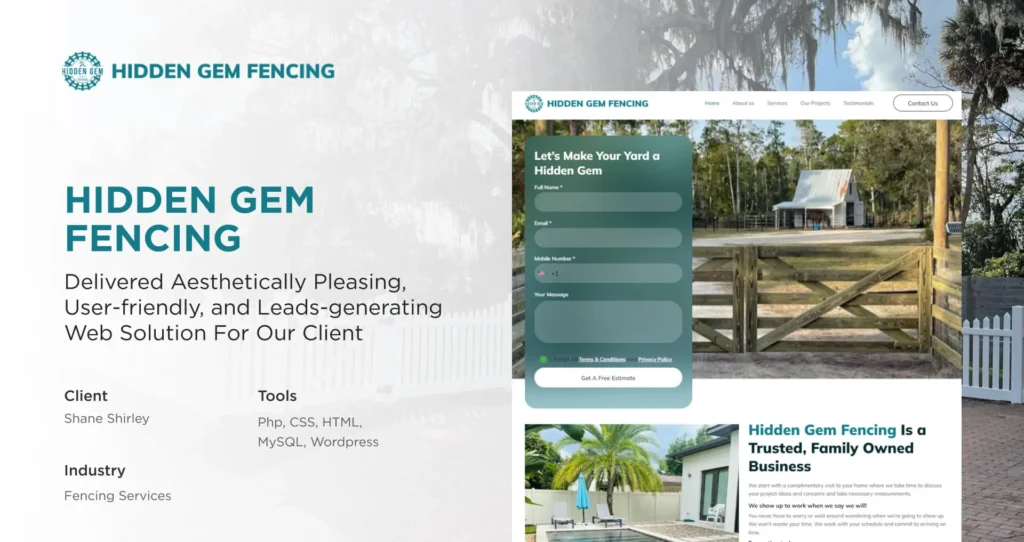



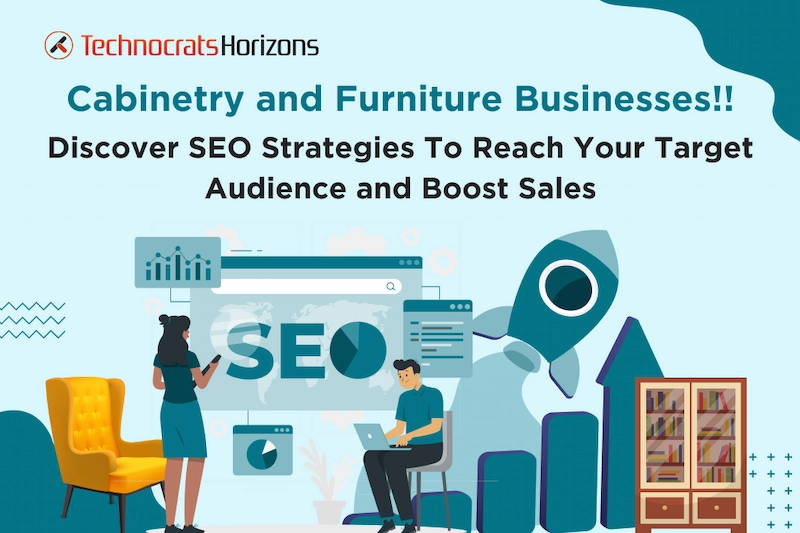

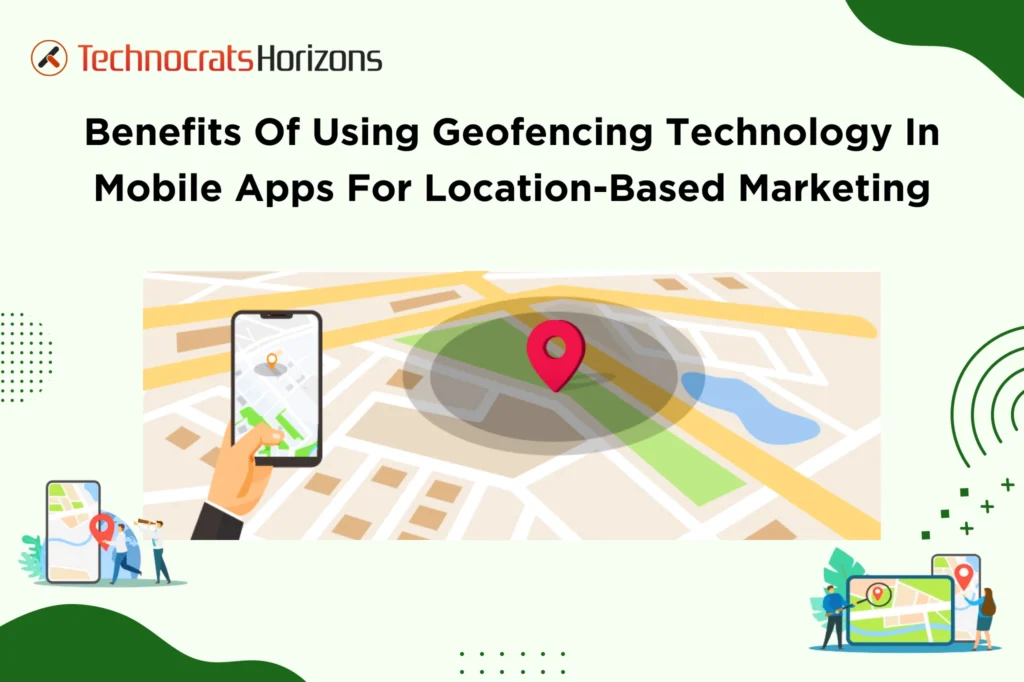
 Request a
Request a












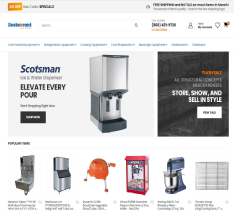


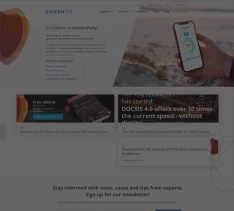



![App vs Website: Should I Make An App Or A Website? [Everything Explained]](https://technocratshorizons.com/wp-content/uploads/2021/01/image1-2.jpg)

